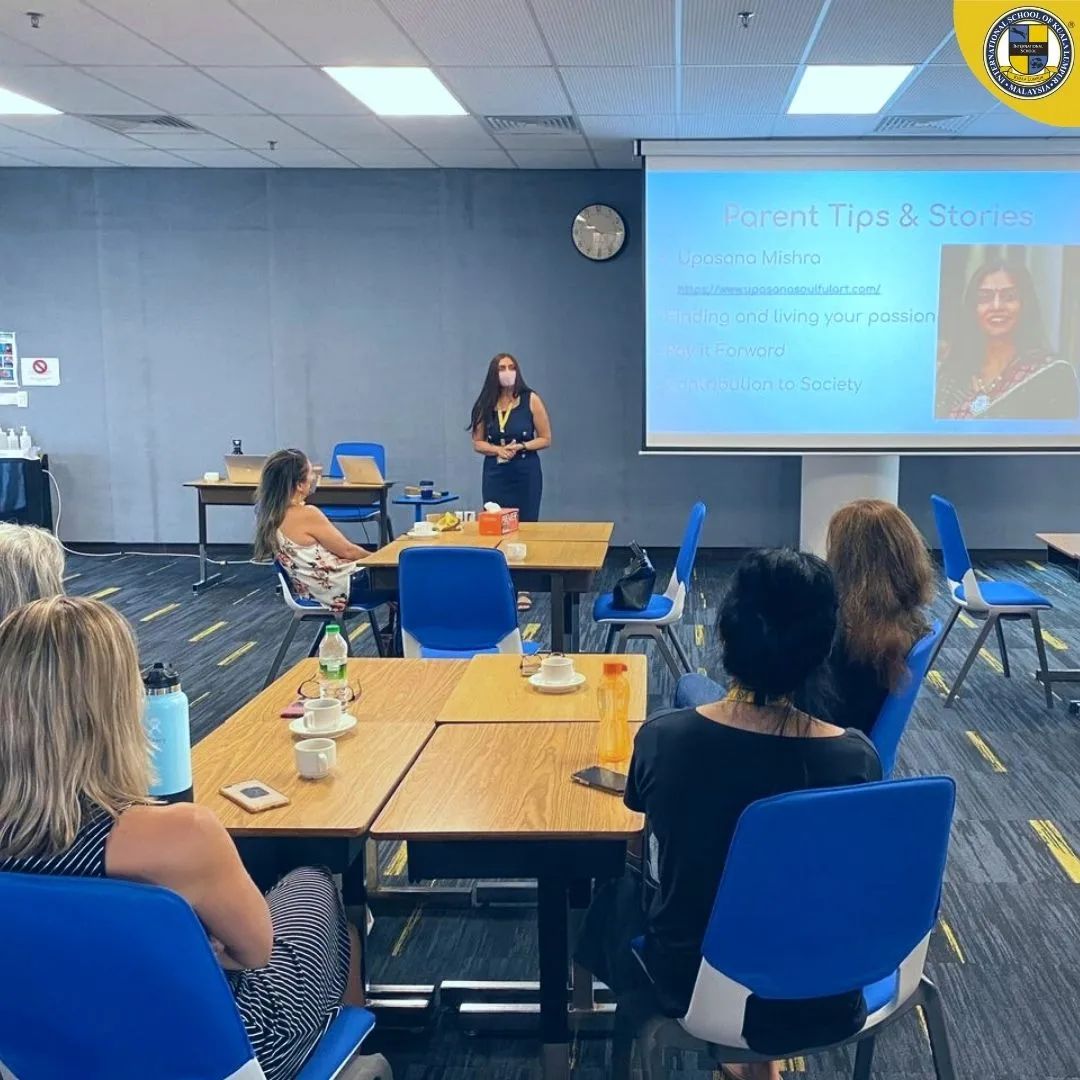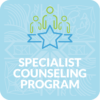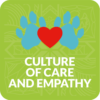 Are you a parent of a senior going through their last year of High School (HS) at The International School of Kuala Lumpur (ISKL)? Chances are they will be graduating soon and making the transition to university. While an exciting new adventure awaits the student, it can also present a mixed bag of emotions for parents who might feel sadness and loss due to the changing dynamics in the family.
Are you a parent of a senior going through their last year of High School (HS) at The International School of Kuala Lumpur (ISKL)? Chances are they will be graduating soon and making the transition to university. While an exciting new adventure awaits the student, it can also present a mixed bag of emotions for parents who might feel sadness and loss due to the changing dynamics in the family.
To help parents handle the challenges and outline tips for a smooth transition, ISKL HS Counselors Heather Cook and Alison Lewis conducted a workshop on empty nesters. Along with the counselors, parents also hear from ISKL’s Director of Communications, Frances Frazer, artist Upasana Mishra, and Technology Coordinator Steve Katz, our guest speakers who have had children leave home. The trio offered excellent advice and guidance during the workshop to fellow parents.
The session got off to a good start with Heather showing an amusing cartoon that captured the essence of the empty nest syndrome and the emotions at play.
Based on the concept of how chicklets grow up and fly off, leaving the mother or father bird behind in the nest, Heather explained that parents experience a similar situation when their children leave home after graduation.
“The transition is not so much about your child moving physically, but rather, an emotional shift from one state of mind to another,” said Heather.
Each parent goes through different stages of parenthood, which could mean juggling many things simultaneously. From the early days of pregnancy and sleepless nights to running a household, being a working parent, caretaker, educator, nurse, and household manager, a parent has done it all. When it comes to empty nest syndrome, rather than dwelling on the sad aspects of loss, one should look at it as a good opportunity for self-discovery. Speaking on this, Upasana shared her journey as an artist and how it has given her a greater purpose and sense of identity.
 Steve, who has sent two children to college in two different countries, stressed the importance of communicating well with your children before they leave home and keeping the lines of communication open while they are away. This pays off in many ways, including when speaking about finances. He mentioned that being clear about a budget and then adjusting that budget as things arise is essential, as is knowing the rules in the country about opening a bank account.
Steve, who has sent two children to college in two different countries, stressed the importance of communicating well with your children before they leave home and keeping the lines of communication open while they are away. This pays off in many ways, including when speaking about finances. He mentioned that being clear about a budget and then adjusting that budget as things arise is essential, as is knowing the rules in the country about opening a bank account.
Alison also brought up logistical issues to consider when preparing to see your children off to university. Creating an information binder with the necessary documents would be extremely useful and easier for both parents and children. This would include documents such as the birth certificate, school certificates, vaccination records, banking information, emergency contact numbers for your destination, where they will be, and health insurance. Ensure that they know where the university clinic or local health center is and the Embassy’s contact in case of emergencies.
“Talk about getting back together, whether for a short holiday or what your child might be doing for summer. Ideally, it would be good to have booked a plane ticket, although having gone through this pandemic, we know that it is important to have a contingency plan. Do prepare yourself for the possibility of change with a Plan B or even a Plan C. The whole idea is to keep communications open to keep homesickness at bay,” Alison added.
The importance of staying connected and calling or texting your child can be addressed through a plan for communication. Frances advised parents to communicate in the way that works best for their family, which could mean talking every day, every week, or even whenever their child responds to a text. “Bear in mind that you also want your child to achieve some level of independence, make decisions, and solve problems on their own,” she said.
And while you want to assure your child that you will always be there for them, you could also share how you are keeping yourselves occupied.
“Let them enjoy their life, and at the same time, there should not be any guilty feelings if you are feeling happy and they are feeling homesick. The relationship dynamics between your child and you will be shifting, and in time, they will see that you are also leading your own life,” Frances added.
In preparation for the transition, make a care package for your future self and list down what you could do to feel good, calm, and at peace. This could range from getting together with friends more often to reviving your old gym subscription. “If you can’t think of yourself, think about what you want to add for a friend going through this stage of life,” said Alison.
Alison concluded the workshop with the following helpful links which parents could look up for information:
- Grown and Flown website
- Five Ways You Can Prepare NOW for the Empty Nest
- I’m An Empty Nester, and I’ve Had it
- How to Transition to an Empty Nest
Read more about our parent workshops at the ISKL blog, and do follow us on Facebook, Instagram, YouTube, and Twitter to check out other ISKL news. For existing ISKL parents, please head to the ISKL In Partnership site to check out the latest parent information or training sessions!





